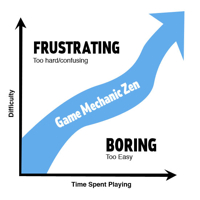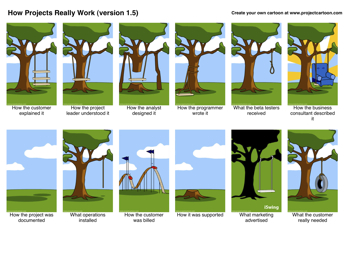London – BETT claims to be the largest education technology convention in the world. From what I could see the scale of the show is about the same as ISTE (nee’ NECC) in the US, although the content is distinctly more international. There are some differences from US education trade shows, but the differences were not vast.
What follows are the impressions of a first time attendee and the lessons I hope I remember for next year.
Overall Take
 The Education Business Blog
The Education Business Blog



 Are trade shows rising from the dead? Last week at
Are trade shows rising from the dead? Last week at  OK – admit it, trade shows are fun. Sometimes traveling to a distant city, circulating with your peers, and dining out on the company can be a kick. You are learning too – about competitors and about your customers. The deadlines around a trade show can produce drama and tension, and some people thrive on that.
OK – admit it, trade shows are fun. Sometimes traveling to a distant city, circulating with your peers, and dining out on the company can be a kick. You are learning too – about competitors and about your customers. The deadlines around a trade show can produce drama and tension, and some people thrive on that. Coming to Orlando from Wisconsin in January, I expect warmer weather. I didn’t expect 50 degrees to be greeted as a warming trend. And when I saw the conference center adjacent to my hotel was hosting a
Coming to Orlando from Wisconsin in January, I expect warmer weather. I didn’t expect 50 degrees to be greeted as a warming trend. And when I saw the conference center adjacent to my hotel was hosting a 
 How is the marketing mix for companies that sell to K12 schools evolving? At a time when we are experiencing an explosion in the number and type of marketing programs we are also seeing rebalanced budgets and a consolidation among the large support organizations. The economic downturn has only accelerated these trends – it isn’t responsible for them.
How is the marketing mix for companies that sell to K12 schools evolving? At a time when we are experiencing an explosion in the number and type of marketing programs we are also seeing rebalanced budgets and a consolidation among the large support organizations. The economic downturn has only accelerated these trends – it isn’t responsible for them. If you want to be taken seriously in the age of social media you have to
If you want to be taken seriously in the age of social media you have to 